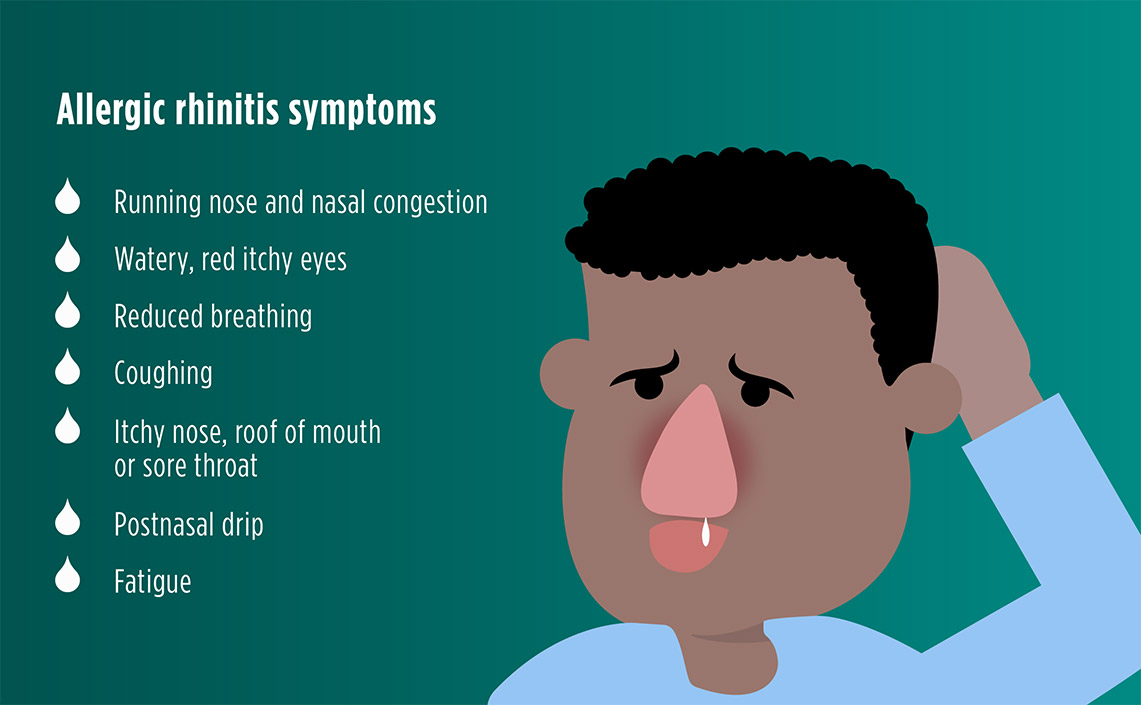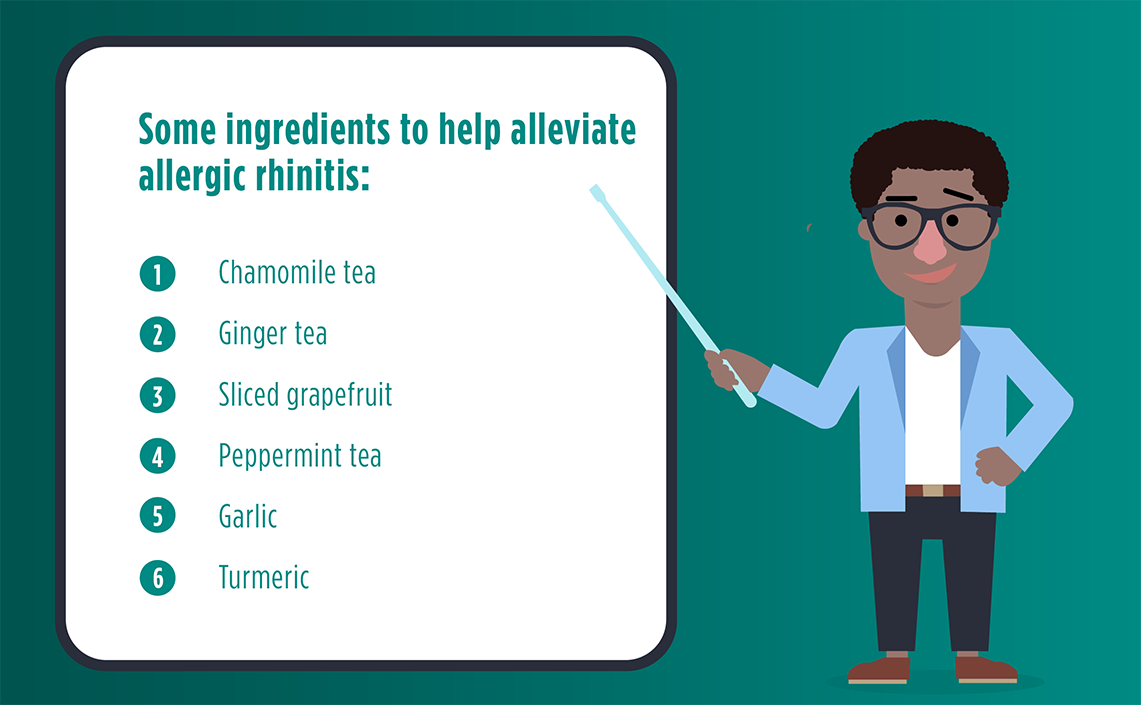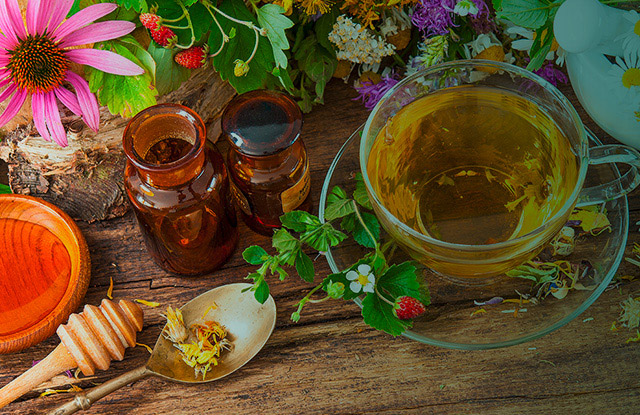DAILY CARE
What is Hay Fever
_
To stop hay fever, it’s important to understand what it is. So, let’s start with what it isn’t, shall we? It isn’t caused by hay. And it isn’t a fever. The name simply describes the symptoms that usually come during what was once known to all as the hay harvesting season. Whatever you call what doctors refer to as allergic rhinitis, these are the basics you should know.
What is hay fever and how does it start?
The actual name is allergic rhinitis. It can either be seasonal or pester people all through the year – but the basis is an allergic reaction.
Allergic rhinitis is normally caused by proteins. Not the kind you eat, but the kind you breathe in. Many trees, grasses and weeds produce very light, dry protein particles called pollen. Pollen loves the wind, easily enters the body through breathing, and most often makes the rounds during spring and summer. Year-long allergic rhinitis is generally brought on by dust mites, pet hair, as well as mould. And then there are the culprits you might find in your own home: cigarette smoke, air pollution and certain perfumes. All of this is enough to put your nose on high alert!
Fun fact: “Rhino” means nose – which is the main area where allergic rhinitis strikes.
What are the symptoms?
The factors causing Allergic rhinitis, are invisible, but the symptoms are easy to spot:

What are the symptoms?
The factors causing Allergic rhinitis, are invisible, but the symptoms are easy to spot:
• Runny nose and nasal congestion
• Watery, red, itchy eyes
• Sneezing
• Reduced breathing
• Coughing
• Itchy nose, roof of mouth or sore throat
• Postnasal drip
• Fatigue
Simply put, once pollen or another substance try to invade, your body throws up defences. All these defence mechanisms protect your body by trapping and expelling allergens so they can’t enter. Unfortunately, we all pass through the world every day and face the potential of developing allergic rhinitis. Good thing there are some simple things that you can do at home that may help to ease your symptoms, in addition to having the right nose spray.
Recipes for relief: Home remedies
Knock together some of these wonder ingredients to help keep allergic rhinitis in its place:

● Chamomile tea helps to relieve allergic rhinitis symptoms. Or, smear it on a tissue with lemon oil – and help to clear your sinuses!
● Ginger tea helps to loosen a stuffy throat and phlegm. Add honey to help it go down smoothly! Ginger also helps to boost the immune system.
● Sliced grapefruit – peel and all! – boiled in water tastes good and works better against your allergic rhinitis. Drink it down, take a nap. When you wake up, you’ll likely feel a difference.
● Peppermint tea can help you take revenge on your allergic rhinitis. It’s best served cold and helps soothe coughing spells.
● Garlic works best when eaten crushed or raw. Garlic-lovers will love this one. Others won’t.
● Turmeric is a member of the ginger family, it has strong anti-inflammatory properties. Serve it in a hot curry and put your allergic rhinitis on notice.
When all is said and done, allergic rhinitis is a fact of life. But suffering from it doesn’t have to be!
Sources:
a href="http://www.medicinenet.com/hay_fever/article.html">Medicinenet
1In a prospective, double-blind, placebo-controlled clinical trial, iliadin® Metered Nose Spray (0,05 % m/v) demonstrated a statistically significant reducing of the duration of acute rhinitis by 2 days as compared to physiological saline solution and a mean onset of action after 25 seconds. Reinecke S, Tschaikin M. MMW - Fortschr Med. 2005;147(3):113-118.
²Martindale. Thirty-eighth edition. The complete drug reference. Oxymetazoline Hydrochloride. Editor: Thomson Reuters.
*iliadin® Metered Nose Spray (0,05 % Oxymetazoline). Indicated for adults and children aged six years and older. Ask your doctor or pharmacist about the iliadin® product that is best suited for your family
DID YOU KNOW?
Though anti-histamines can control some allergy symptoms, they don’t relieve congestion.

